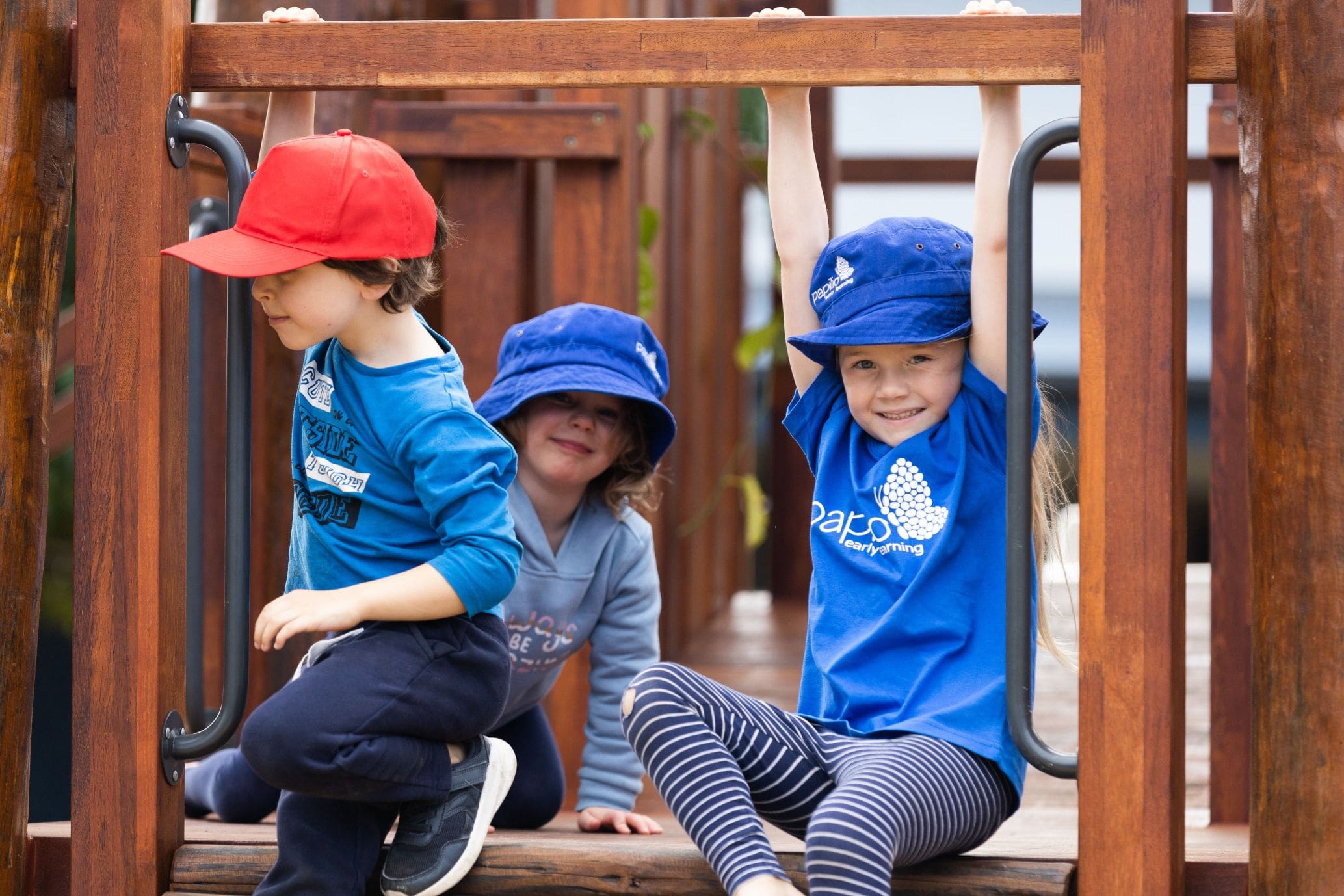
Childhood is filled with magical moments, many of which take place through play. At Papilio Early Learning, we know that play isn’t just about fun - it’s a powerful tool that helps children develop crucial social, emotional, and cognitive skills. One of the most important outcomes of play is the friendships that children form with their peers, which in turn help them reach key developmental milestones.
How Play-Based Learning at Papilio Supports Early Friendships and Developmental Milestones
Play is at the heart of early childhood education. It’s through play that children explore their environment, express themselves, and learn to interact with others. At Papilio, we believe that play-based learning is one of the best ways to support children's overall development and help them form lasting friendships.
Through play, children learn the building blocks of friendship - communication, cooperation, and empathy. These skills not only foster strong social bonds but are also critical for meeting important developmental milestones. When children play together, they are learning to:
- Share and take turns.
- Understand others' emotions.
- Solve problems collaboratively.
These experiences during playtime are essential in helping children develop the social and emotional skills they will need throughout their lives. You can read more about how we support these interactions on our Affinity Education Lifelong Learning Curriculum page.
Early Friendships and Developmental Milestones: A Powerful Connection
Friendships play a crucial role in helping children meet key developmental milestones. When children engage in play with their peers, they’re not just having fun - they’re developing essential skills that will serve them well in the future.
Language and Communication Skills
One of the most noticeable areas of development supported by friendships is language development in early learning. When children play together, they engage in conversations, ask questions, and negotiate roles in their games. These interactions help expand their vocabulary, improve sentence structure, and enhance their communication skills.
At Papilio, we encourage group play activities like storytelling and role-playing games, where children naturally practice and refine their language skills in a fun, supportive environment.
Emotional Regulation and Empathy
Playing with friends teaches children how to manage their emotions. Through play, children experience both joyful moments and occasional disagreements, learning how to handle frustration, disappointment, and conflict in a healthy way. These early interactions lay the foundation for emotional regulation.
Additionally, friendships help children develop empathy - the ability to understand and share the feelings of others. At Papilio, we foster an inclusive environment where children learn to care for one another, helping them build strong emotional connections that contribute to their social and emotional development.
Cognitive Development and Problem-Solving Skills Regulation and Empathy
Play also promotes cognitive development and problem-solving skills, particularly when children engage in cooperative play. Working together to solve problems - whether it’s building a structure or figuring out the rules of a game - encourages critical thinking, creativity, and teamwork.
In Papilio's play-based learning environments, our educators create opportunities for children to participate in hands-on, collaborative activities that challenge their thinking and promote problem-solving. These experiences help children meet important cognitive milestones while also deepening their friendships.
How Papilio Educators Support Friendships and Development
At Papilio Early Learning, our educators play an active role in supporting friendships and helping children meet their developmental milestones. Through carefully designed play-based learning activities, our educators create environments that encourage social interaction and cooperation.
For example, educators might set up group art projects, where children must work together to create a piece of art, or engage them in role-play scenarios where they take on different roles. These activities teach children how to communicate, share, and solve problems, all while building strong peer connections.
By facilitating group play and modelling positive interactions, our educators give children the space to build meaningful relationships that promote both their social and cognitive development.
The Lifelong Impact of Early Childhood Friendships on Development
The friendships your child forms in their early years have a profound impact on their overall development, helping them meet essential milestones while building a strong foundation for future learning. Friendships fostered through play help children:
- Develop language and communication skills.
- Learn how to manage emotions and build empathy.
- Enhance cognitive abilities and problem-solving skills.
At Papilio Early Learning, we see these benefits every day in the friendships that blossom in our centres. Our play-based learning approach ensures that children not only meet their developmental milestones but also form meaningful relationships that will support their journey into school and beyond.
Book a Tour and Discover the Power of Play at Papilio
Are you ready to help your child thrive through play-based learning and early friendships? Find your nearest Papilio Early Learning Centre and book a tour today and experience our nurturing environment where friendships flourish, and children reach their full potential.
To learn more about how you can secure your child’s spot at Papilio, check out our post: How to Get Your Child Into Your Preferred Child Care Centre Quickly: A Checklist for Parents.